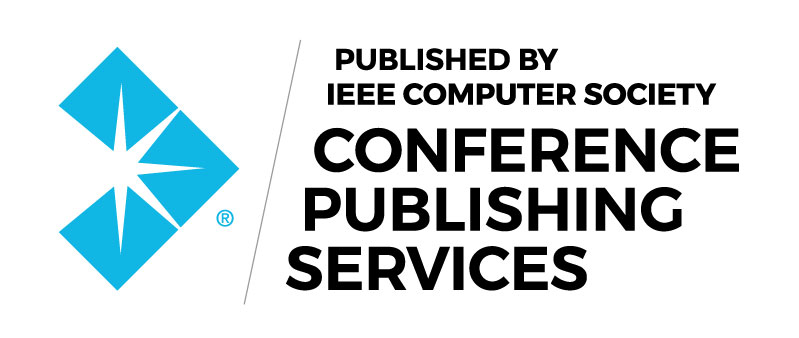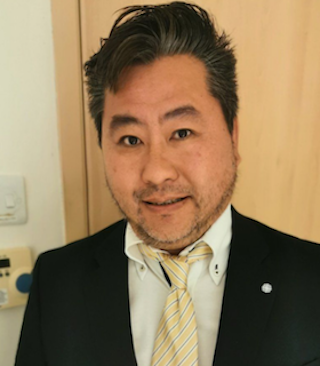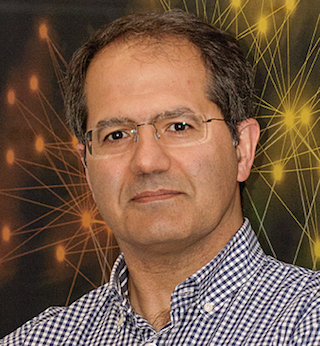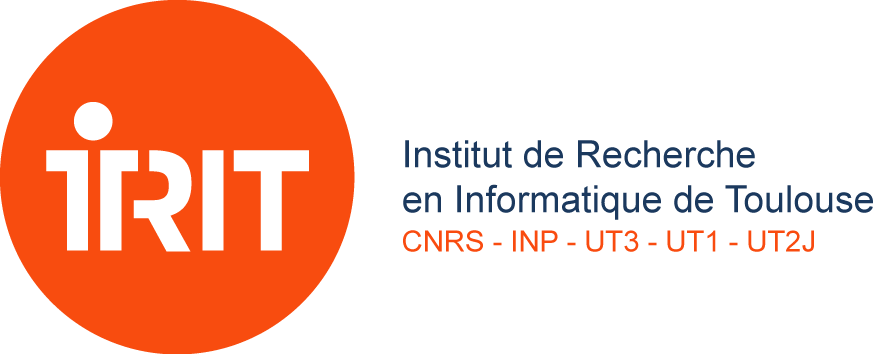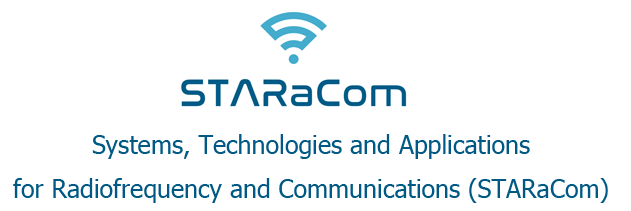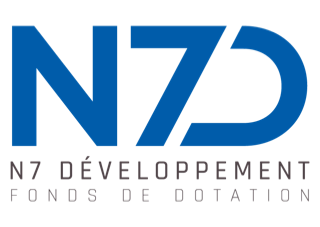General Chair
Dominique Mery, Université de Lorraine, France
Program Co-Chairs
Yamine Ait-Ameur, IRIT-ENSEEIHT, Toulouse, France
Ferhat Khendek, Concordia University, Montreal, Canada
Local Organising Co-Chairs
Guillaume Dupont, IRIT-ENSEEIHT, Toulouse, France
Neeraj Kumar Singh, IRIT-ENSEEIHT, Toulouse, France
Publicity Co-Chairs
Étienne André, Université Sorbonne Paris Nord, France
Zhen You, Jiangxi Normal University, China
Web and Publication Co-Chairs
Guillaume Dupont, IRIT-ENSEEIHT, Toulouse, France
Neeraj Kumar Singh, IRIT-ENSEEIHT, Toulouse, France
Program Committee Members
Yamine Ait Ameur, IRIT/INPT-ENSEEIHT, France
Étienne André, Université Sorbonne Paris Nord, France
Cyrille Valentin Artho, KTH Royal Institute of Technology, Sweden
Christian Attiogbé, L2N - Université de Nantes, France
Guangdong Bai, University of Queensland, Australia
Hadrien Bride, Griffith University, Australia
Lei Bu, Nanjing University, China
Yuting Chen, Shanghai Jiao Tong University, China
Sylvain Conchon, Universite Paris-Sud, France
Florin Craciun, Babes-Bolyai University, Romania
Juergen Dingel, Queen's University, Canada
Guillaume Dupont, IRIT-ENSEEIHT,France
Flavio Ferrarotti, Software Competence Centre Hagenberg, Austria
John Fitzgerald, Newcastle University, United Kingdom
Marc Frappier, Université de Sherbrooke, Canada
Ning Ge, Beihang University, China
Sebastien Gerard, CEA, LIST, France
Sudipto Ghosh, Colorado State University, USA
Brahim Hamid, IRIT- University of toulouse, France
Thai Son Hoang, University of Southampton, United Kingdom
Hiroshi Hosobe, Hosei University, Japan
Zhe Hou, Griffith University, Australia
Fuyuki Ishikawa, National Institute of Informatics, Japan
Ferhat Khendek, Concordia University, Canada
Kenji Kono, Keio University, Japan
Kung-Kiu Lau, The University of Manchester, United Kingdom
Scott Uk-Jin Lee, Hanyang University, Korea
Michael Leuschel, University of Düsseldorf, Germany
Shang-Wei Lin, Nanyang Technological University, Singapore
Yun Lin, Shanghai Jiao Tong University, China
Yang Liu, Nanyang Technological University, Singapore
Shaoying Liu, Hiroshima University, Japan
Gerald Luettgen, University of Bamberg, Germany
Lei Ma, University of Alberta, Canada
Frederic Mallet, Universite Nice Sophia-Antipolis, France
Tiziana Margaria, Lero, Ireland
Dominique Mery, Université de Lorraine, France
Weikai Miao, East China Normal University, China
Stefan Mitsch, Carnegie Mellon University, USA
Rosemary Monahan, Maynooth University, Ireland
Sadaf Mustafiz, Ryerson University, Canada
Fumiko Nagoya, College of Commerce, Nihon University, Japan
Shin Nakajima, National Institute of Informatics, Japan
Manuel Núñez, Universidad Complutense de Madrid, Spain
Laure Petrucci, Université Paris 13, France
Salah Sadou, IRISA, University of South Brittany, France
Gwen Salaün, University of Grenoble Alpes, France
Wuwei Shen, Western Michigan Univarsity, USA
Neeraj Kumar Singh, IRIT-ENSEEIHT, Toulouse, France
Meng Sun, Peking University, China
Jing Sun, University of Auckland, New Zealand
Jun Sun, Singapore Management University, Singapore
Maurice ter Beek, ISTI-CNR, Pisa, Italy
Ferdian Thung, Singapore Management University, Singapore
Tatsuhiro Tsuchiya, Osaka University, Japan
Tullio Vardanega, University of Padua, Italy
Hai H. Wang, University of Aston, United Kingdom
Shi Lin Wang, Shanghai Jiao Tong University, China
Hironori Washizaki, Waseda University, Japan
Burkhart Wolff, Univ. Paris-Saclay, France
Zhilin Wu, Chinese Academy of Sciences, China
Yinxing Xue, University of Science and Technology of China, China
Fatiha Zaidi, Univ. Paris-Sud, France
Chenyi Zhang, Jinan University
Jianjun Zhao, Kyushu University, Japan
Junjun Zheng, Osaka University, Japan
Tewfik Ziadi, Sorbonne Université-CNRS 7606, LIP6, France
Steering Committee
Jin Song Dong, National University of Singapore, Singapore
Mike Hinchey, University of Limerick, Ireland
Xiaohong Li, Tianjin University, China
Shaoying Liu, Hiroshima University, Japan
Mauro Pezze, University in Lugano, Switzerland
Roy Sterritt, Ulster University, United Kingdom
Jing Sun (Chair), University of Auckland, New Zealand
